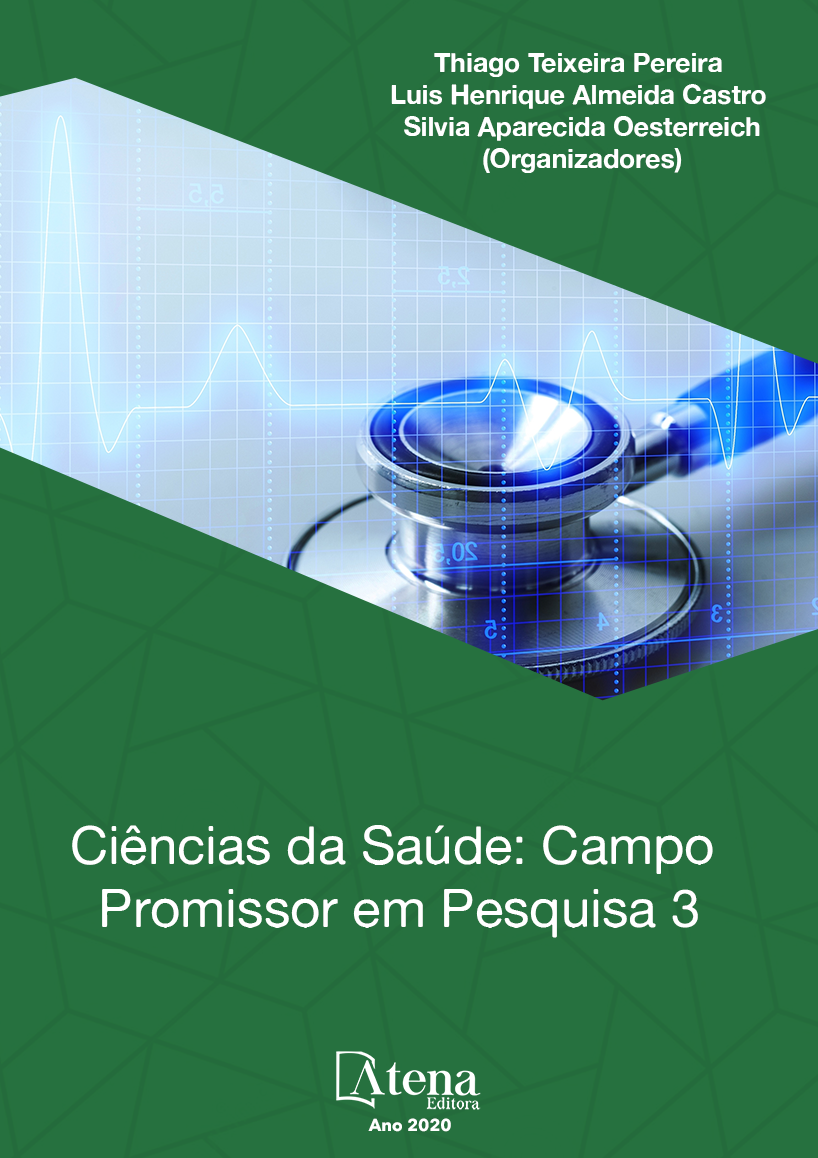
DIFERENTES FORMAS DE ABORDAGEM EDUCATIVA EM AÇÃO VOLTADA PARA CRIANÇAS AUTISTAS
O autismo e condições relacionadas é também conhecido como Transtornos do Espectro Autista – TEAs, são transtornos que têm como principal característica o déficit na interação social, podendo apresentar outras manifestações clínicas como no desenvolvimento motor e na linguagem. É dividido em três graus, sendo leve, médio e grave. Portanto, objetiva-se relatar a experiência vivenciada por acadêmicas do curso de enfermagem durante aula prática da disciplina de saúde mental, em um CAPS. Trata-se de um estudo exploratório-descritivo, do tipo relato de experiência, com abordagem qualitativa. Esta análise foi desenvolvida no mês de outubro de 2018, em um Centro de Atenção Psicossocial Infanto-Juvenil – CAPSIJ. A atividade lúdica-educativa foi realizada durante uma manhã, em comemoração ao dia das crianças, em que o grupo de alunas uniu-se à equipe da instituição e familiares proporcionando brincadeiras, danças e pinturas no corpo. Durante as atividades destacou-se as diferentes reações que as crianças com autismo tiveram, situações em que a equipe se organizou para beneficiar todos o que lá estavam presentes. Diante da experiência apresentada é evidente a necessidade e importância da adequação das atividades lúdicas para o fim de diversão, ensino e do estímulo do desenvolvimento das crianças autistas.
DIFERENTES FORMAS DE ABORDAGEM EDUCATIVA EM AÇÃO VOLTADA PARA CRIANÇAS AUTISTAS
-
DOI: 10.22533/at.ed.74520030213
-
Palavras-chave: Transtorno Autístico. Jogos e Brinquedos. Relações Interpessoais.
-
Keywords: Autistic Disorder. Games and Toys. Interpersonal Relations
-
Abstract:
Autism and related conditions, also known as Autistic Spectrum Disorders - ASDs, are disorders that have as their main characteristic the deficit in social interaction, and may present other clinical manifestations such as motor development and language. It is divided into three degrees, being mild, medium and severe. Therefore, the objective is to report the experience of nursing students during a practical class of mental health discipline, in a CAPS. This is an exploratory-descriptive study, of the experience report type, with a qualitative approach. This analysis was developed in October 2018, in a Child Psychosocial Care Center - CAPSIJ. The playful-educational activity was held one morning, in celebration of the children's day, in which the group of students joined the staff of the institution and family members providing games, dances and body paintings. During the activities it was highlighted the different reactions that children with autism had, situations in which the team was organized to benefit everyone who was there. Given the experience presented, it is evident the need and importance of the adequacy of recreational activities for the purpose of fun, teaching and stimulating the development of autistic children.
-
Número de páginas: 9
- Rafaela Cristine Lima de Souza
- Ida Caroline Dourado Portela
- Viviane Ferreira da Silva
- Renayra Barros Pereira
- Arissane de Sousa Falcão
- Patrício Francisco da Silva
- Barbara dos Santos Limeira


